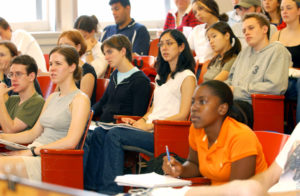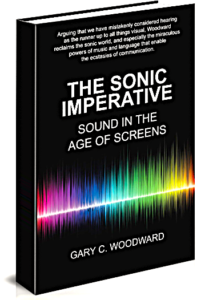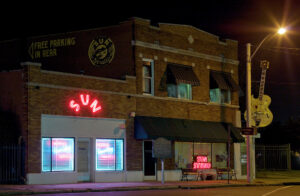Was I mistaken to believe that even amidst the maelstrom that is adolescence, another person could still be mesmerizing?
A few years ago I asked my students in a persuasion course to describe some people in their lives beyond family who were spellbinders: perhaps teachers, priests or others who were incredibly interesting and transforming. Since I am a rhetorician, my bias led me to believe that these college students could rhapsodize about some outsized influencers in their own lives. But the room was silent. I tried again, being more specific. Describe a teacher or mentor who could really hold a group in their thrall: probably someone who was a good storyteller. Silence again from a class that was usually forthcoming.
I must have been mistaken to believe that, even in the maelstrom of adolescence, another person could be mesmerizing. Perhaps the question required a response that was too personal. Then, too, after the early grades, it is apparently not so cool to see a teacher or leader as transformational.

Perhap because I am older–OK, a lot older– I have a settled list of mentors who shaped my attitudes and partly influenced what I would do for the rest of my life. These folks include a Methodist minister who reigned over a large Denver church with a thundering rhetoric of religious certainty; a devoted speech and drama teacher at Evergreen High School in Colorado who mercifully supressed her judgment that I was no actor; a youth group leader who was full of ideas for living that scared our parents; and a professor who turned me on to studying political rhetoric when there was still some dignity left in national politics.
I was a sponge for their forms of dynamic mentoring. In the years that came after I wanted my teaching to be the embodiment of the same intense engagement. In every case this meant that I would need to rise to the level of trying to perform my enthusiasm for whatever I was offering to others. This means using an emphatic style in presentation that models the enthusiasm you want from your audience. Ideally, this kind of in-the-room discourse with a group might unfold like a three-act play. Or, more accurately, a given session would develop as a set of engaging variations on a set theme. (A good presentation often unfolds in a way that Bach might have recognized.)
I saw fluent and forceful rhetoric as an energized engine for self-knowledge, as well at the tool for creating social change. But I’ve come to the conclusion that the sources of that kind of change now lie in digital realm and less in the performative mastery of one person. Just by virtue of their age, students are more predisposed to models of discourse that are a long way from older hortatory styles Martin Luther King, John Kennedy or even Professor Harold Hill. Think of this kind of presentation as a form of heightened conversation: less like Bill Maher and more like Bernie Sanders or perhaps Ken Robertson, sampled below.
The grand rhetorical gesture is in decline, or at least reduced to the 18 minutes of a TED talk or a speech as a rally. Everyday communication elements like texting are more private and ad hoc: fast whispers, but little more.
In my last years before retiring my colleagues would sometimes give me a puzzled look if I said I liked lecturing, by which I meant a session driven by the energy of rapsodizing about new ideas. But the preferred mode of teaching is now more interactive and experiential, and necessarily less directed. Professors now understand that they have less time to profess. Even so, when not driven by an effective mentor, any single session can easily dissipate the energy intensity that seeds learning.
I worry that too many students have filled their lives with inconsequential messages that has shrunken what should be time for a rapidly expanding consciousness. The heightened drama of a rhetorical challenge from an outsider is now often relegated to events like sports or concerts. Few of us are saving space in our lives for the equivelants of the old Chautauquas our forbearers knew, when spending time in the presence of a literary or academic giant had so much appeal.




